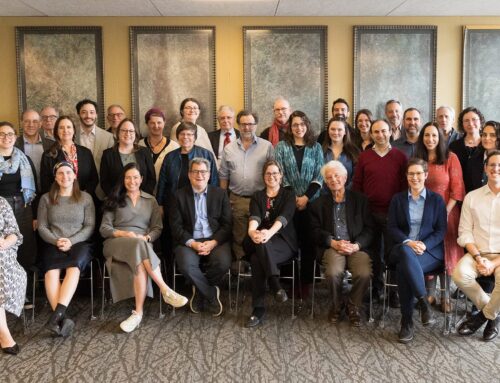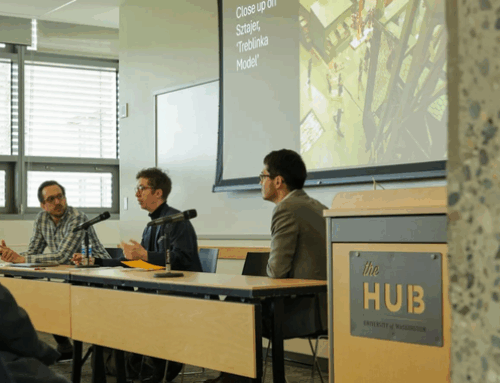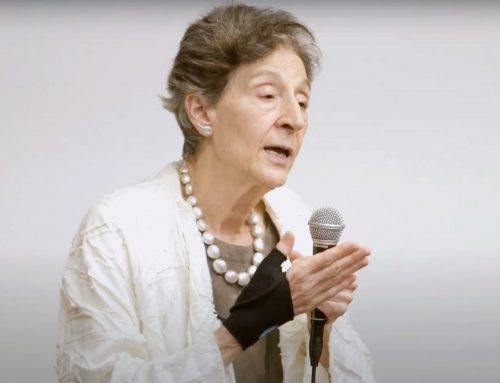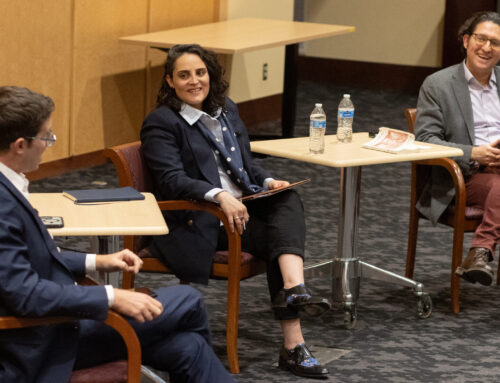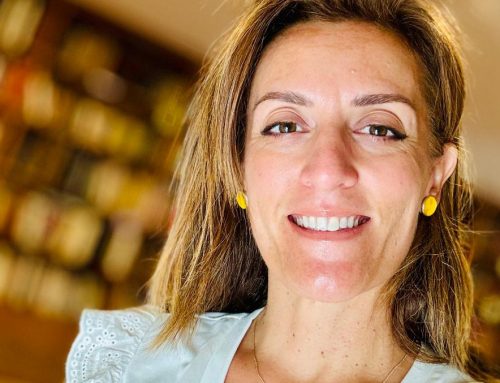
“Jan Karski’s Mission for Humanity” is the subject of a national exhibit that is now on view at Allen Library.
Editor’s note: This story originally appear at The Daily of the UW at this link.
World War II exhibit opens in Allen Library
By Laura Mishkin
Not all heroes are recognized in their lifetimes for their achievements. Among these unsung heroes is Jan Karski, a World War II underground Polish emissary who risked his life to bring eyewitness reports about the Holocaust to the Allies.
Karski’s life and monumental missions are chronicled in the exhibit “The World Knew: Jan Karski’s Mission for Humanity,” which opened Sunday in the Allen Library. The exhibit features pictures, documents, and a looping video detailing Karski’s reports, achievements, and legacy.
Seventy years after his missions, Karski’s life is still a universal and timeless example of a true hero, said Teresa Indelak Davis, the exhibit organizer and Honorary Consul of Poland in Seattle. She hopes attendees will see this through visiting the exhibit.
“The goal is to raise awareness, to educate people about this courageous man who had endangered his life to get the message out before anyone else knew,” Davis said. “Jan Karski is an inspiration for all of us and his legacy and testimony to moral values, standing up to advocate for the oppressed, especially in times of great danger, remains so true in our times.”
At just 28, Karski carried out a cross-continent trek to inform Western leaders that the Holocaust was underway. Later cited as one of the most monumental missions attempted in World War II, Karski put his life on the line to deliver eyewitness accounts to British Foreign Secretary Anthony Eden and President Franklin Roosevelt. His efforts to convince both leaders to take action to stop the Holocaust were futile, as the leaders were skeptical about trusting him.
After the war, Karski immigrated to the United States to receive a Ph.D. from, and later teach at, Georgetown University. He died July 13, 2000.
Though Karski is today recognized by scholars and historians as one of the great heroes of the 20th century, much of the public is ignorant about his existence or accomplishments. This lack of awareness was the reason Seattle community member Kathleen Koch attended the exhibit. In addition to her hopes of gaining a new understanding of the subject, Koch hopes UW students will attend to educate themselves as well.
“It sounds like a fascinating story and one I wasn’t familiar with,” Koch said. “I think it’s really important we keep educating and keep the story alive and let younger people know that this isn’t a fantasy, that it really did happen. The only way we can keep it from continuing to happen is to be educated about it and know the history.”
Koch’s sentiments were shared with Antek Haappsaari-Olpinski, a representative of the World War II Polish military in the Seattle area.
“Jan Karski’s work has a relevance today if you look around the world,” Haappsaari-Opinksi said. “There’s a need for tolerance, a need for compassion and a need for courage, for people to stand up and try and do something to help others. There’s a universality to the suffering and the courage of the Polish experience, which isn’t just a part of history, but lessons. I think the greatest honor we can do to the memory of Jan Karski is to be aware and to take socially conscious action.”
After a year of touring the country, the exhibit will be open during Allen Library hours through March 15. The exhibit was organized by the University of Washington Polish Studies Endowment Committee and co-sponsored by the Consulate of Poland, the UW Libraries, and the UW Stroum Center for Jewish Studies.

